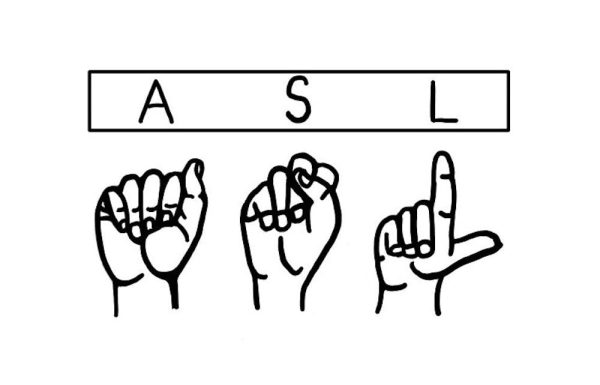How to Survive: English 1A
Many people take English 1A as their course in high school or as their freshman year of college. There, they will learn many valuable skills and strategies for writing as well as reading and analyzing informative articles and renowned literature books that aren’t $50 to $200 apiece as some college class would smile at you to do so. However, some students still come across a sudden but steep difficulty curve in English 1A that’s unlike their high school counterparts. This steep curve can often lead to some failing or dropping out in the first few weeks of the course. As one of many survivors of English 1A, there are ways to avoid common issues that students face in order to excel in English 1A.
Students that enter English 1A with a lenient expectation, especially from high schoolers, have their performance and self-esteem quietly undermined. I came into this course with a mild, but wary expectation that this course would be challenging which helped fasten my momentum after the first three weeks of the course.
A couple of friends of mine and several other students, including those who attend honor classes throughout high school, experienced a massive whiplash to their grade and morale upon realizing the course is a lot more rigorous than they are used to in high school. My friend who never had honors classes and typically scored in the high B or lows A range in required high school classes had expected that English 1A would be “like any other classes” in high school and that he would “try to keep up” in the assignments the moment they are assigned, so he wouldn’t forget it later on.
The massive problem in this line of thinking with expecting everything to be equivalent in criteria is that it’s unrealistically shortsighted. This is because college holds a higher academic standard than high school and “keeping up” requires more than just doing the daily work assignment. In the end and despite my reckoning of help, he only barely just made it through the course with a below-average grade of a D.
The laid-back expectation, that I speculate, is mostly caused by the high school itself for that it is surrounded by coming-of-age, albeit immature, students and some teachers setting a relatively too comfortable safety-net standard for students to pass, gives a misguided impression and expectations for a student’s future. College is also an environment of coming-of-age but it focuses more on the latter half of being mature, encouraging people to reflect on what they’ve learned and the professors treat students as if they’re adults; if some ignore the age gap that is.
English 1A does not favor luck, the only time luck plays a role, is whether or not you have time to work on English 1A that is, but that also can be managed and mitigated. Time management is crucial to balance as apathy and carelessness too often lead to putting off any productive work on the assignment.
This occurred to one of the Honor classmates I had in the course, who expressed in one of the group discussions that she’s always feeling apathetic and no longer wanted to try. She no longer wanted the struggle of the process of doing the classwork required of her. According to her this allegedly prevented her from performing any work and led her to just give up.
The ball is in your court but the court has strict rules on how to wiggle through and if you’re willing to play by its rule, you just might survive through.
Having assigned objectives to yourself helps keep things focused and on track. The first three weeks were absolutely chaos for me as well as other students that I nearly quit, believing that I wasn’t as great as I thought I would be. And since I wasn’t the person to take things lying down, I had to come up with a plan on preventing any further degradation of my grade, I had to take account of each assignment and specifically target what it demands of me in its question prompt.
On the small scale, I used assignment questions as a form of an objective header to ensure that I know where I’m heading in my writing and how well I answered them will be the determining point. It is often best to go all-in with specific details when answering the question rather than leaving room for the minimum. Doing the bare minimum especially of how nonspecific the answer is will reflect negatively onto you including being thoughtless and uninformed.
On the grand scale, completing objectives within and among the long line of assignments can mitigate the daunting appearance of the assignment overall especially when they occasionally arrive in large batches of three to four that can be overwhelming if not taken seriously. Taking one small assignment at a time with utmost focus and diligence is practically the best option in chronological order the time the professor assigned it.
An overarching goal or motivation also helps bolster my enthusiasm throughout the course. Taking English 1A without proper motivation or goal is almost a spiraling death sentence.
The course is not a simple drop-in and win, especially if the professor strictly regulates it to be akin to writing quality and reading ability alone. Daydreaming and yearning for what you desire are absolutely useless without the effort placed, thus it important to know why exactly you’re doing it. Mine is simply to get English 1A out of the way so that I wouldn’t do it in Delta college. Because of that, I constantly push forward to ensure I cannot fall into terrible grades.












